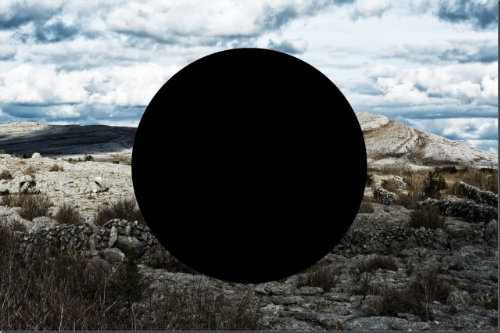
Sounding the Anthropocene @ WFAE
Conference
The Global Composition 2018, Darmstadt, Germany. 4-6 October 2018.
Description
“Sounding the Anthropocene: Concepts of Nature in Schafer’s The Soundscape” was first presented at a talk in Cork and was then developed significantly for the annual conference of the World Forum of Acoustic Ecology. This version emphasises the important concept of “the soundscape”, and how this articulates problematic ideologies of nature.
This paper was published in the proceedings of the conference, but an extended version is available.
Abstract
We live in the Anthropocene, a critical juncture in which Homo sapiens has become the dominant force on the planet. The concepts of nature that have been leveraged by our society have failed us. Now, at the very brink, we must interrogate our assumptions, to begin again, from the root.
This paper traces dominant ideologies of nature, starting with the prehistoric era, where the domestic (domus) had to be defended against the savage (silva). Abrahamic religions proposed an Edenic narrative, in which an originary fertile nature was disturbed by human presence. With the birth of agriculture came the view that nature was provided by the Gods for human cultivation. This providential paradigm is congruent with the secular view of nature as resource, requiring our management. In the 18th century, the Romantics rethought nature as a tranquil refuge, a wellspring of aesthetic and spiritual inspiration. Nature was valorised as moral good. The ecological movement of the 1960s revived the narrative of humans as disturbance, but took a systems view, proposing (pace Herodotus) a “balance of nature”. This quick summary demonstrates that “nature” is contested terrain, continuously redefined to suit particular societal contexts. Nonetheless, these definitions have in common a dichotomy between nature and humanity that is problematic for the development of a sustainable environmental ethos.
In particular, this paper explores how these concepts of nature are expressed in R. Murray Schafer’s The Soundscape, using sources from anthropology and human geography (William Cronon, Jedediah Purdy, Philippe Descola).